Democracy would lose its defining egalitarianism if it foreclosed the free expression of viewpoints by its adherents – including often unreasoned, contrived perspectives by forces that seek to diminish and divide. Worse, in a season of partisan frenzy, fair assessment of matters in the public square seemingly strains the uncertain capacity of some stakeholders.
The foregoing provides a useful background to interrogating the main opposition Peoples Democratic Party’s (PDP) curious and deliberately mischievous interpretation of a recent video clip containing alleged conversation between erstwhile All Progressives Congress (APC) National Chairman, Adams Oshiomhole, and Chief of Staff to the President, Prof. Ibrahim Gambari, CFR.
Clearly, the target of the repeated media outings twisted to manipulate the unsuspecting public was Prof. Gambari. In the last few days, the opposition party has addressed several media briefings over the video clip showing Prof. Gambari chatting on a walkway in the State House with Oshiomhole. Although the video clip lasts eight seconds with the larger part of its conversation being hardly audible, the PDP as well as many commentators have picked out a part where the word “arrest” is mentioned and imputed many unsavory interpretations to it.
But shockingly and rather naively, the opposition party chose a wrong target to malign. Prof. Gambari is not a politician. Significantly, the efforts the PDP had put into creating a bad image for the Chief of Staff, since his appointment by President Muhammadu Buhari had continued to fail in the face of his uncommonly solid credibility.
Injecting a Nollywood dimension into the charade, the PDP even went as far as calling on the UN, EU and other international bodies to place visa restrictions on Prof. Gambari, Oshiomhole and some other persons as punishment for allegedly plotting to truncate democracy and good governance in Nigeria.
Despite the Presidency’s clarification and assurances by President Muhammadu Buhari and the Independent National Electoral Commission (INEC) to ensure free and fair poll in Edo and Ondo states, the PDP held to its dodgy phantom plot theory, urging the international community to deny visas to members of the APC for allegedly plotting to endanger democracy.
It could be recalled that at a related media briefing last week, the churlish PDP National Chairman, Prince Uche Secondus, proclaimed: “We wish to also draw the attention of the international community to this gross abuse of power to undermine the democratic process by critical workers that should defend it. We demand appropriate sanction against the individuals involved in this anti-democratic act; they should be given visa restrictions to democratic countries.
“The interest and will of the people of Edo State should be paramount in all decisions and that should guide any action either by the INEC or the government. The PDP remains vehemently opposed to any postponement of Edo and Ondo states’ governorship elections.”
Either by quirky choice, intellectual dishonesty or both, the PDP has puzzlingly refused to accord Prof. Ibrahim Gambari, the basic courteousness befitting a proven statesman whose exposure and maturity position him above the mundane fray of local politics.
From his storied, compelling career trajectory, Nigeria’s unassuming academic and towering quintessential diplomat, Prof. Gambari’s untiring effort has centred on meaningfully changing the human story. Becoming the CoS to the President can hardly change that.
Gambari who began life as a prince of the old Ilorin Emirate, in North-Central Nigeria, is defined by discernible humility, fetching simplicity, compelling erudition and notable philosophical depth – qualities that meshed to power his extraordinary career trajectory and moulded his life story.
Interestingly, most mentions of Prof. Gambari evoke images of a grizzled veteran of the academia, local and international diplomacy patiently hearing out numbing stories of infamy spawned by quirky dictators and shadowy crises entrepreneurs and offering reasoned interventions and pragmatic templates for crisis resolution. But there is more to the tall Illorin, Kwara State-born Fulani prince.
In an interview with African Newspage, Gambari revealed he is actually more of a teacher than a diplomat. His words: “As I always say, I regard myself as a teacher by training and diplomat by accident, long accident, but nonetheless accident! In many ways, I have been privileged and with privilege comes a lot of responsibility.” He is also the longest serving Nigerian Ambassador to the United Nations,serving under five Heads of State and Presidents.
Born on November 24, 1944 into an aristocratic family in Ilorin, Kwara State, Gambari attended Provincial (now Government) Secondary School, Ilorin, before proceeding to King’s College.
Identified as a very promising lad by some British teachers at King’s College, Lagos, where he did his A Levels, in 1965, they decided to enrol him for his university education in the UK. But his elder brother, Zulu Gambari, the highly influential emir of Ilorin from 1959 to 1991, would have none of that. He decreed his younger sibling would attend the University of Ibadan. But providence had other ideas.
After spending exactly two weeks at the University of Ibadan, according to some family members, his determined British mentors soon discovered his whereabouts and took him straight to the London School of Economics and Political Science, one of UK’s most prestigious institutions.
In 1968, Gambari graduated with a degree in economics and international relations from LSE. He bagged a master’s degree in 1970 and PhD in 1974 from the Columbia University, New York, US.
He started his teaching career as a lecturer at Queen’s College, City University of New York in 1969 and later became an assistant professor at the State University of New York from 1974 to 1977. He returned to Nigeria to work as a senior lecturer at the Ahmadu Bello University (ABU), Zaria, in 1977, where he rose to become a professor in 1983.
He was a visiting professor at the School of Advanced International Studies (SAIS) of Johns Hopkins University, Georgetown University and Howard University in Washington DC from 1986 to 1989. Gambari was also a research fellow at the Brookings Institution, Washington DC, as well as a resident scholar with the Rockefeller Foundation Centre in Bellagio, Italy.
At 39, Gambari was appointed minister of external affairs by Major-General Muhammadu Buhari, then Nigeria’s military head of state and worked 18 months – between 1984 and 1985 – in that capacity. Buhari’s government was overthrown in 1985 and Gambari moved on.
In 1999, Gambari became the first under-secretary-general and special adviser to the secretary-general on Africa and served till 2005. In that capacity, he worked closely with heads of government, key policymakers as well as institutions in the continent to develop the New Partnership for Africa’s Development (NEPAD).
At the same time, he acted as the resident special representative of the secretary-general and head of the United Nations mission to Angola. He was a delegate to the assembly of the African Union as a national delegate from 1984 to 1985 and member of the UN secretary-general’s delegation from 2000 to 2012.
From 2010 to 2012, Ban Ki-moon, UN’s secretary-general, appointed Gambari as the joint special representative of the United Nations-African Union Hybrid Operation in Darfur (UNAMID), usually referred to as the world’s largest international peacekeeping mission.
In 1990, he was appointed as chairman of the UN’s special committee against apartheid for four years to coordinate eradication of apartheid in southern Africa. Gambari also served as Nigeria’s ambassador and permanent representative to the UN from 1990 to 1999.
Speaking to African Newspage, Gambari said, “I was a minister at the age of 39, a civilian in a military government. I have worked with 7 Nigerian heads of state; there is hardly any Nigerian who is not a (career) civil servant who has worked with 7 heads of state! Shagari appointed me at the Institute of International Affairs; Buhari appointed me as a minister.
“Babangida appointed me as ambassador to the UN where I ended up working with Shonekan, Abacha and Abdulsalam Abubakar. At the UN, I worked with 4 secretaries-general: Javier Pérez de Cuellar, Boutros Boutros-Ghali, Kofi Annan and Ban Ki-Moon. I submitted my papers to Pérez de Cuellar in 1989.”
A consummate teacher and adroit diplomat, he has clearly impacted humanity and helped to demonstrate that faced with challenges, leaders could deploy with certainty the power of thought to solve the problems of mankind.
His extensive and impactful achievement as a diplomat around the world attracted a myriad of accolades by an appreciative world. He is a recipient of Nigeria’s third-highest national honour, Commander of the Federal Republic of Nigeria (CFR). In October 2012, former President Jacob Zuma conferred on Gambari South Africa’s highest national honour for non-citizens, the Order of the Companion of the Oliver R. Tambo (OCORT). There are so much more.
On May 13, 2020, President Buhari appointed Gambari his Chief of Staff, to replace Mallam Abba Kyari who succumbed to complications arising from COVID-19.
Gambari is arguably Nigeria’s most experienced diplomat and international civil servant. His appointment as Chief of Staff to the president has already given the government greater credibility with the international community. His strongest assets are a keen and analytical mind and considerable experience of foreign policy and international relations.
The Chief of Staff is perhaps the most influential if not powerful, position next to the presidency in the current dispensation. The role requires a man whom power does not corrupt and Gambari is such a man. He is the eyes and ears and even brain-box of his principal and is coordinating the work programme of the presidency while serving as a gate-keeper for his principal.
He is admirably dealing with his early tasks as CoS which include restoration of coherence in the heart of government, driving the agenda for the president’s key policy priorities, addressing the critical downturn in the economy, resolving the fractious and bitter divisions within the political party and more.
Gambari understands the laws of power and is a safe pair of hands and a trusted adviser and counsellor to President Muhammadu Buhari. His soft-spoken and mild-mannered disposition belies the realism of a statesman who understands the intrigues of statecraft.
He has so far exercised power with restraint for the good of the country in general and the credibility and legitimacy of the administration in particular. Against this background, the unfounded, dark allegations by the opposition PDP and perhaps other shadowy crisis entrepreneurs remain unfair, a mean cut and mischaracterize this great son of Africa.
It should not be so.











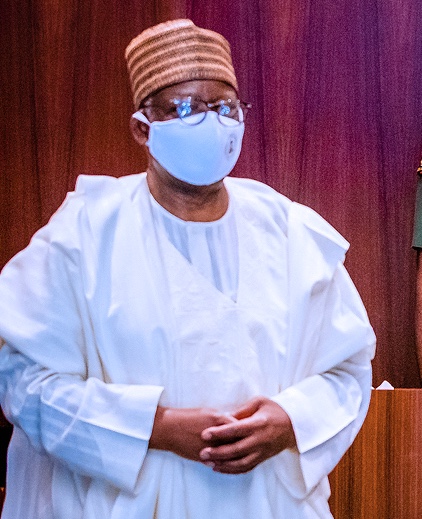


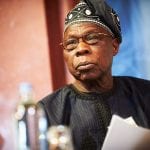





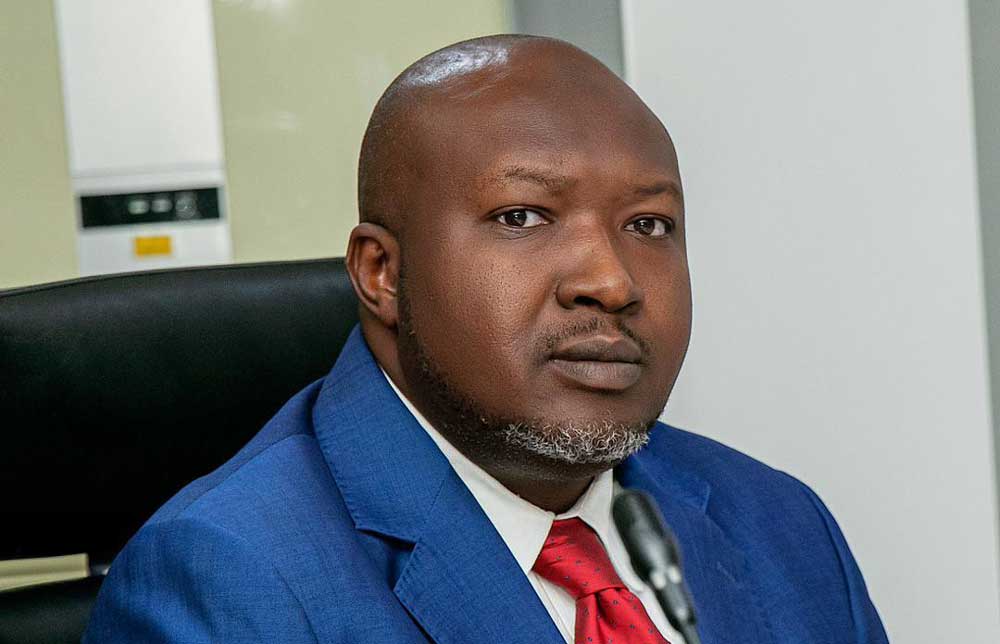
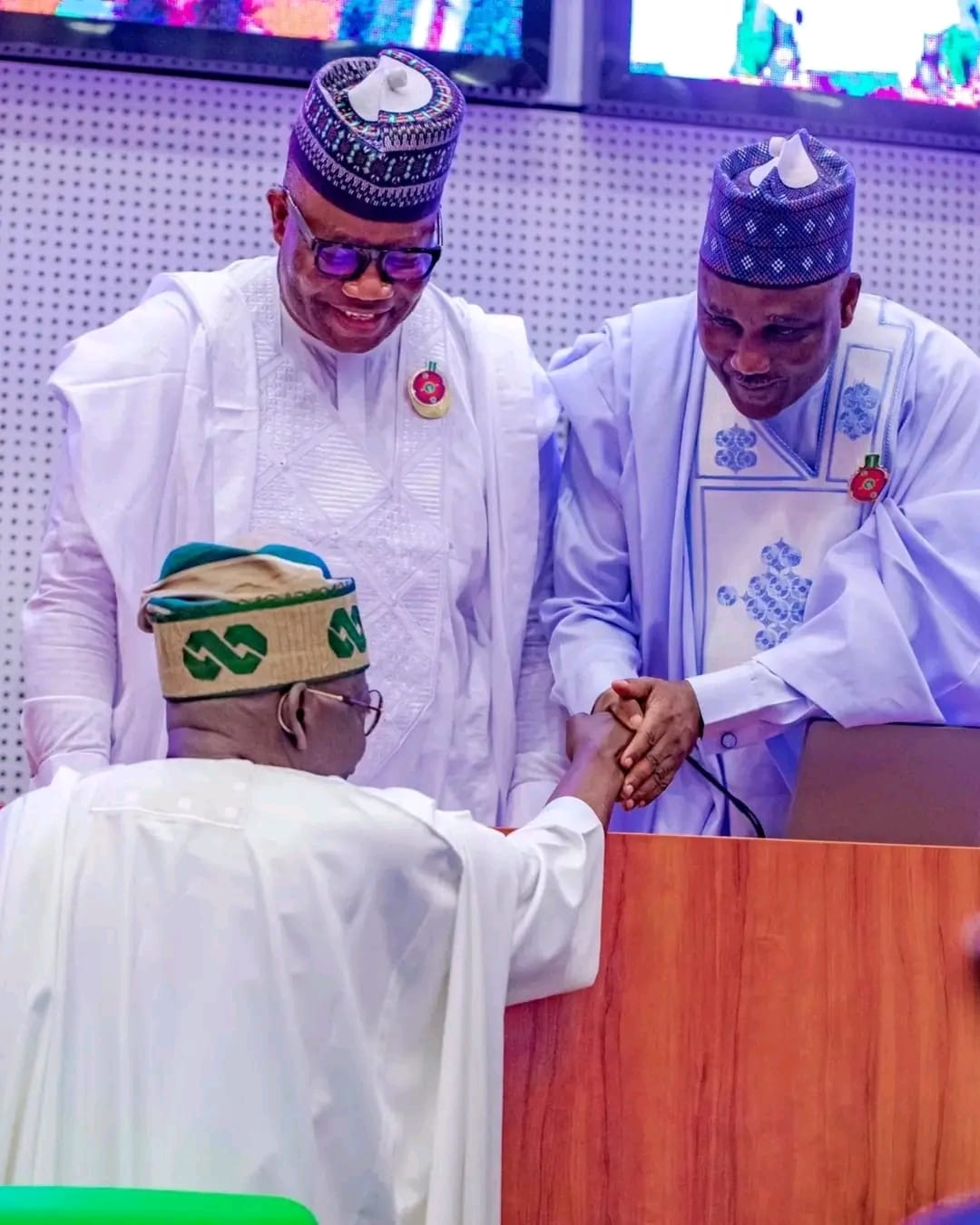
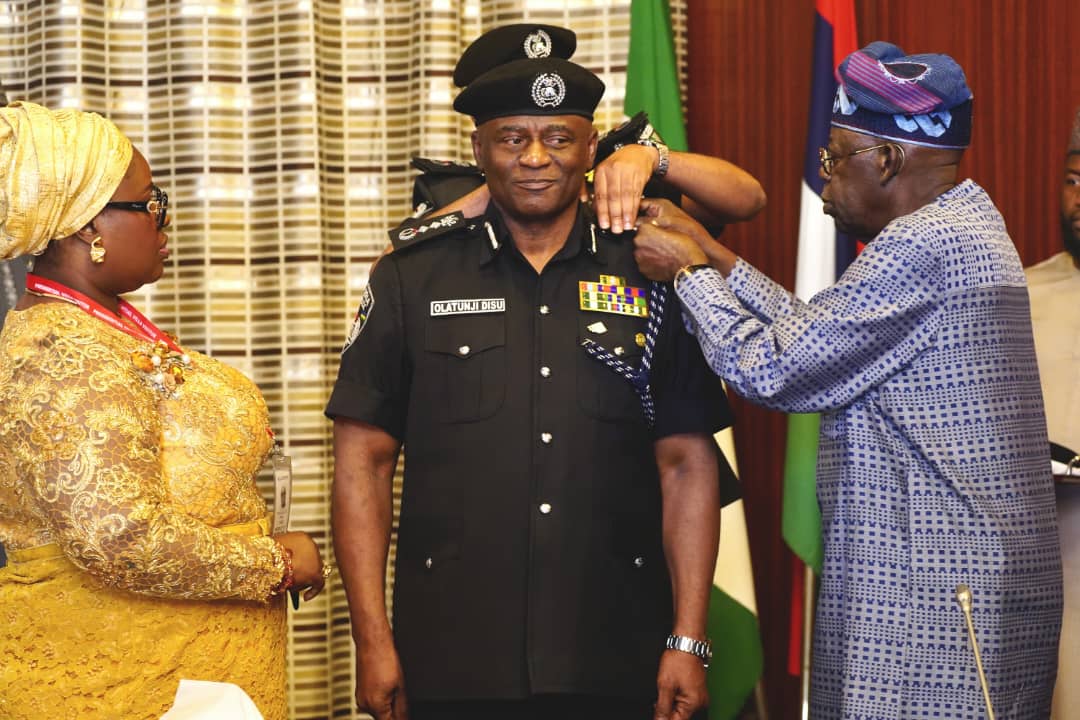
Leave a comment